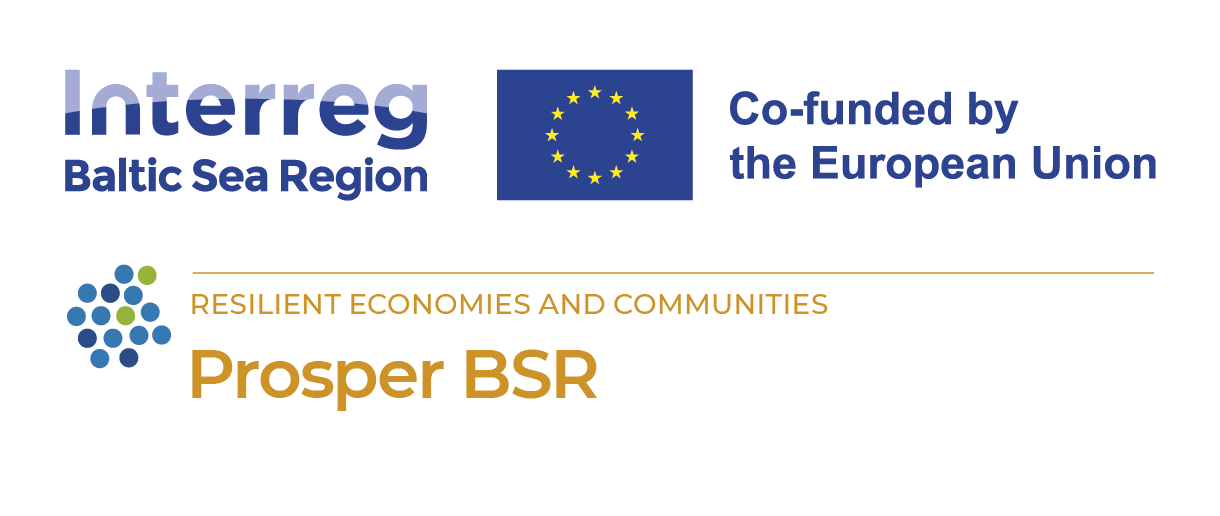The main tasks of the SRS include the collection of administrative state taxes, fees, and other mandatory payments within the territory of Latvia and at the customs border. It also implements the state customs policy and provides customs border protection. Furthermore, the SRS works to prevent and detect criminal offenses related to state taxes, fees, and other mandatory payments. The agency is also responsible for training SRS officials and providing consultation to taxpayers on tax application issues, as outlined in the Law on State Revenue Service. The SRS registers taxpayers in accordance with the regulations and Cabinet of Ministers’ requirements, ensuring that registration documents comply with both legal standards and the actual situation. Moreover, it is tasked with the regulatory implementation of laws and regulations governing the turnover of excise goods.
The SRS currently employs approximately 4,000 people.

Integration Process for Ukrainian Refugees at the State Revenue Service (SRS)
The State Revenue Service (SRS) offers consultations to Ukrainian refugees to help them successfully start work in an organization or establish their own business in Latvia, in accordance with the legislation, and to understand the Latvian tax system. To provide prompt assistance, particularly to citizens and entrepreneurs who support Ukraine or whose business has been affected by the war, the SRS launched a dedicated telephone line for tax issues related to support and cooperation with Ukraine on March 21, 2022: +371 67120012.
Types of Support Offered by the SRS
The SRS provides consultations on a range of issues, including the payment of taxes in various support and related situations. These include collecting or sending donations, providing shelter, assisting refugees in starting work or their economic activity in Latvia, addressing accounts receivable due to the war, and other situations requiring tax advice or cooperation with the SRS. Ukrainian refugees are encouraged to reach out for assistance with any work-related matters, and the SRS offers support in response to these inquiries.
Additionally, if Ukrainian refugees have started working in Latvia but have not contacted the SRS for assistance, SRS employees proactively reach out to explain the Latvian tax system and offer necessary help. The SRS also helps refugees connect with other state institutions that can provide further assistance on specific issues.
Dedicated Resources for Ukrainian Refugees
To centralize all tax-related information regarding the situation in Ukraine, the SRS created a “Help to Ukraine” section on its website. This section includes relevant information for Ukrainian residents, available in Ukrainian, and for Latvian companies that assist Ukraine or employ Ukrainian refugees. Additionally, the recording and presentation of a seminar titled “Registration of Economic Activity for Ukrainian Refugees,” which was organized in Russian for Ukrainian refugees, can be found in this section.
To further facilitate access to services, Ukrainian refugees do not need to pre-register for in-person consultations at the SRS. They are served outside the regular queue, ensuring prompt assistance. The SRS has also developed four types of certificate samples for employers to apply the specified benefits to Ukrainian refugees.
Challenges and Lessons Learned
In their work with both Ukrainian refugees and Latvian residents, SRS staff address everyday issues, offer practical advice, and answer questions. From the beginning of their efforts to support refugees, SRS consultants have been impressed by the determination of refugees, who, even under emotionally and practically difficult conditions, make efforts to understand the Latvian tax system. One example of this is their commitment to registering economic activity in Latvia despite the challenges they face.
